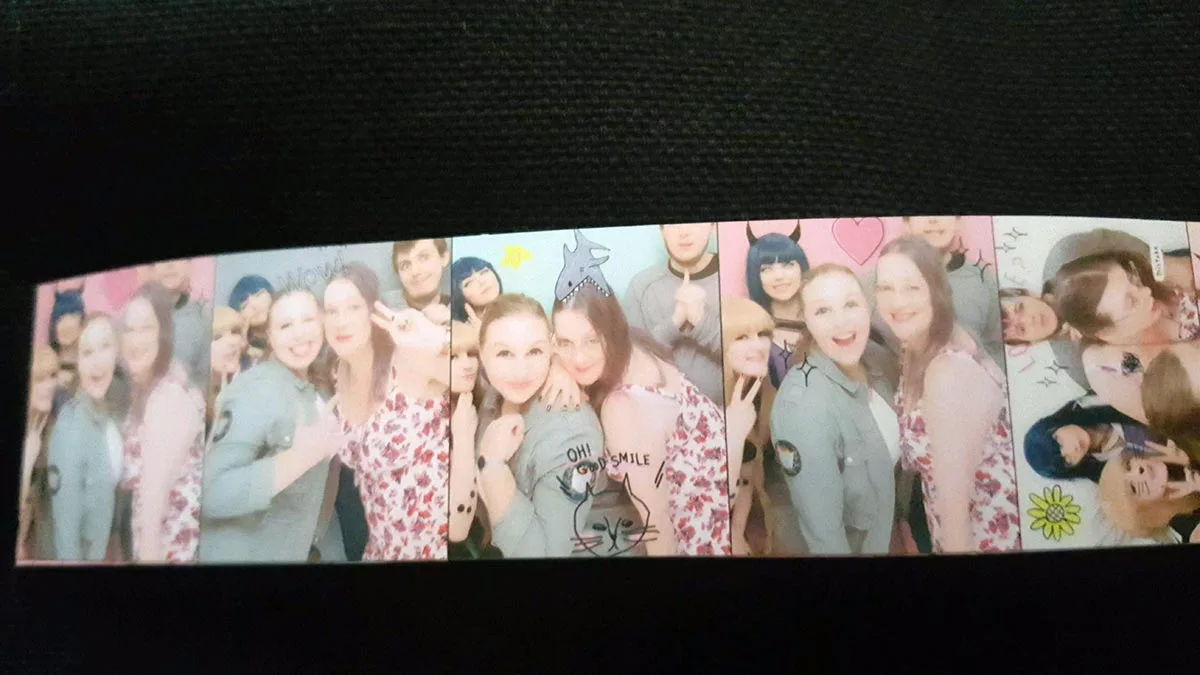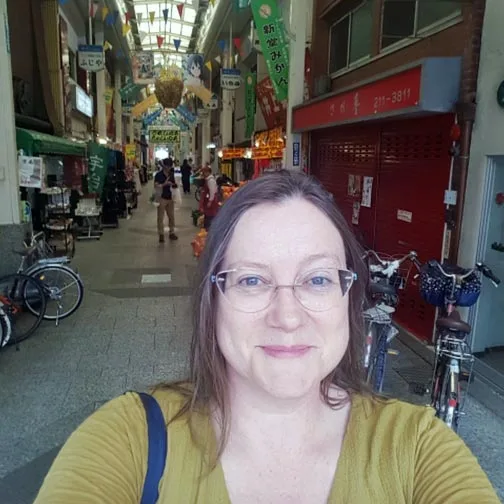Exploring Gender, Culture, and Community in Japanese Pop Culture
As Deirdre Alison Clyde prepares to graduate with her PhD in Cultural Anthropology from the University of Hawaiʻi at Mānoa in Spring 2025, her path offers a bold, thoughtful reflection on identity, media, and community. Born in San Jose, California, and raised by academic parents with a deep passion for Japanese culture, Clyde’s research explores how American fans of Japanese anime and manga reinterpret traditional gender roles—remixing masculinity and femininity into new and fluid expressions of self.
Her work is a vibrant testament to the power of fandom as a cultural force, and her graduate journey has been one of both academic rigor and personal courage.
Blurring Boundaries: Gender, Fandom, and Belonging
Clyde’s ethnographic research focuses on anime conventions and local fandom gatherings across the United States—from the Bay Area to Honolulu—where she conducted over 30 in-depth interviews with fans. Her findings highlight a subculture rich in empathy, creativity, and resistance to binary norms.
“Most of my interlocutors, if not trans or nonbinary, are what I call ‘queer-aligned,’” she explains. “They’re passionate advocates who aren’t particularly invested in their own normativity. This ethos creates a vital culture of support.”
By centering queer-aligned identities and their practices of imaginative self-expression, Clyde contributes to a growing field of scholarship that recognizes fandom not as escapism but as a vibrant, meaning-making space—especially for those navigating the politics of gender and identity in contemporary America.

Scholarship in Action: Research, Recognition, and Radical Storytelling
Clyde’s academic contributions include publications in Feminist Media Studies (Flying on borrowed feathers: identity formation among gender-variant anime fans in the U.S.) and the Journal of Tourism and Cultural Change (Pilgrimage and prestige: American anime fans and their travels to Japan), as well as conference presentations across the U.S., Japan, Canada, and Australia. She has shared her insights with audiences at UC Berkeley, UH Mānoa, and Doshisha University, among others.
Her work has been supported by numerous awards and fellowships, including the UH Center for Japanese Studies Fellowship, UH Research Corporation Fellowship, and the Lieban Endowed Scholarship for Anthropology. Through it all, Clyde has remained committed to honoring the voices of those often left out of mainstream narratives.
Looking ahead, she’s charting a path as a freelance writer, independent scholar, and digital creator. “My area of focus is currently politically precarious,” she notes, “but I seek to support and celebrate those under threat of erasure.”
Words of Wisdom and New Adventures
Clyde offers heartfelt advice to future graduate students: “If you are struggling, don’t be ashamed or afraid to ask for help. Do not get hung up on what has worked for you in the past, or for others. You are in uncharted territory of the self; this work asks something new from you. Be brave, trust yourself.”
That spirit of introspection and resilience continues to guide her journey beyond academia.
Outside academia, Clyde’s creative spirit continues to thrive. She’s writing fantasy fiction inspired by tabletop roleplaying games, rekindling her love for Dungeons & Dragons, and sharing stories through food, music, and thrifted treasures.
As she embarks on her next chapter, Clyde leaves UH Mānoa not only with a PhD but with a deepened sense of purpose and a story that inspires others to ask bold questions, challenge norms, and follow their passions—wherever they may lead.
Gratitude and Grounding
Clyde credits her mentors and peers with helping her navigate the challenges of graduate school. “I would like to thank Christine Yano and my PhD committee, as well as Christian Peterson, for their extraordinary patience and for believing in me when I didn’t believe in myself,” she shares. “Many thanks as well to my MA cohort, and to Maura, Mattias, and Ma Yi.”
